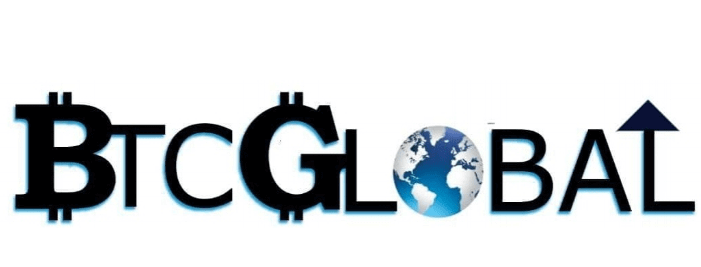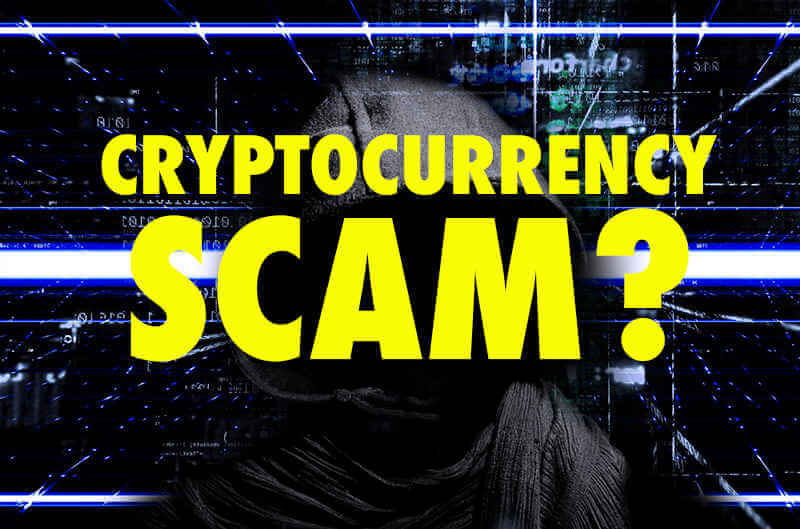Oh No! Another Cryptocurrency Scam
Since Bitcoin was created back in 2008, there have been numerous shady individuals and companies for that matter that have used the hype to their advantage to facilitate cryptocurrency scams. These shrewd schemes conned thousands upon thousands of people who knew virtually nothing about cryptocurrency but wanted to invest in this alluring venture. 2018 is underway but here is this year’s top cryptocurrency scam thus far:
BTC Global
Just a little over two weeks ago BTC Global collapsed and Broker Complaint Registry has received numerous complaints pertaining to this fraudulent broker. The company claimed to be an exclusive platform providing unparalleled earnings through valid binary trading services, but that was unfortunately not the case. Here are excerpts from there website:
“We are backed by our founding trader at Steven Twain.”
This “Steven Twain” character is not a real individual.
“Steven has 6 years of experience trading binary options with consistent success, over the last 3 years he has started providing trading services for other large account holders ($10,000+ only).”
I have not come across any trading history pertaining to Steven Twain.
“Through our partnership with Steven, BTC Global have secured access to guaranteed 14% WEEKLY returns from as little as $1,000 in your account. We have also secured extra returns to pay out as referral commissions should you decide to share this opportunity with others! There are very few legitimate opportunities to get the kind of returns on investment BTC Global is offering so we encourage you to get involved as soon as possible to avoid disappointment.”
How can a legitimate company guarantee any sort of returns?
In BTC Global there were two ways one could earn:
- Return on investment, which was 14% of the dollar amount that was invested, paid weekly in BTC.
- Team shares or commissions on the people that the investor recruited or referred (think of a pyramid scheme).
BTC Global – a textbook Ponzi scheme.
The definition of a Ponzi scheme is as follows:
A deceitful investing scam guaranteeing high rates of return with little to no risk to investors. The Ponzi scheme produces returns for earlier investors by procuring new investors. BTC Global certainly fits the bill
Investment values generally go up and down over a duration of time, especially the ones that offer potentially high yields. If an investment consistently generates the same returns despite the market conditions or guarantees these high returns that is cause for pause.
Additionally, Ponzi schemes usually involve investments that have not been registered with the SEC, FSB or any other regulatory agency. Obviously, registration is pivotal as enables investors to access pivotal information pertaining to the firm’s management, services, products and most importantly finances.
Lastly and most importantly if you do not receive a “scheduled” payment or incur difficulty when trying to cash out your investment that is the biggest red flag. Those who promote Ponzi schemes regularly ask investors to “roll over” investments and often promise returns in excess of the amount that was rolled over.
How to protect yourself from a cryptocurrency scam
Although we have just talked about the BTC Global scam, this is not the only one. The very best way to ensure your funds are safe is to know how to identify and avoid ponzi schemes like BTC Global.
Stay far away from ICOs, unidentified companies and companies that do not provide suitable information. Be sure that creator’s names and all team members are publicly listed and verified and, if reviews give consistent negative feedback it best to avoid that cryptocurrency broker.
If you or anyone you know was scammed by BTC Global please fill out the following form and we will do our best to try to come up with potential solutions.




